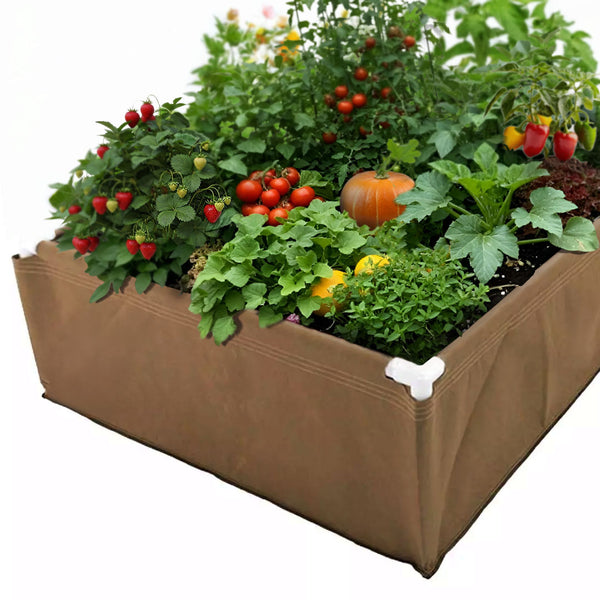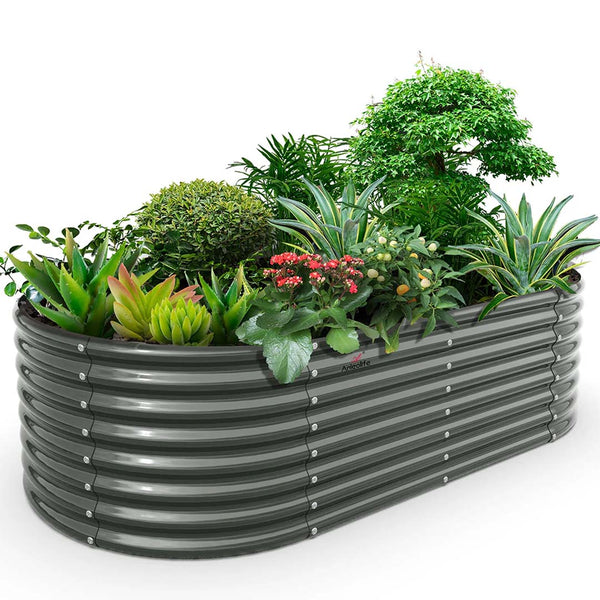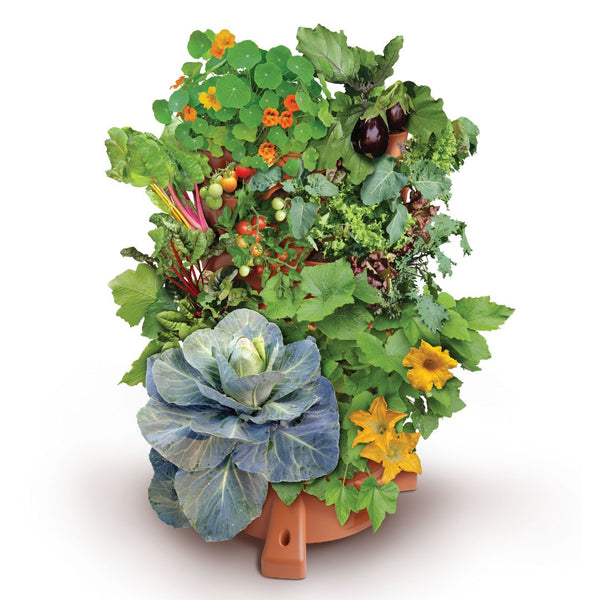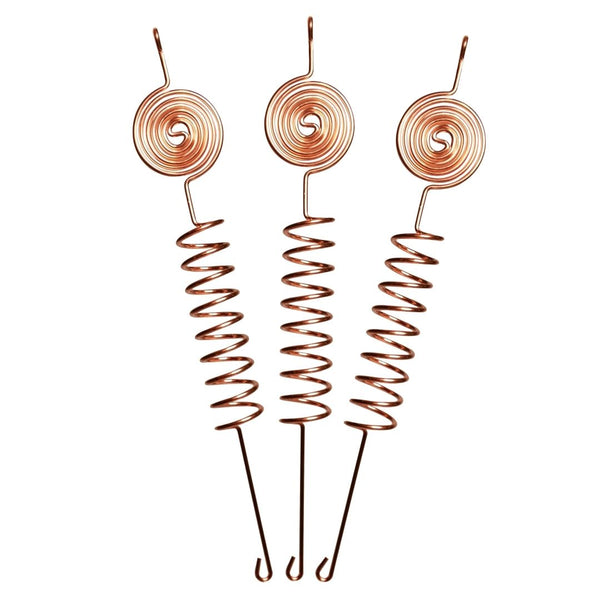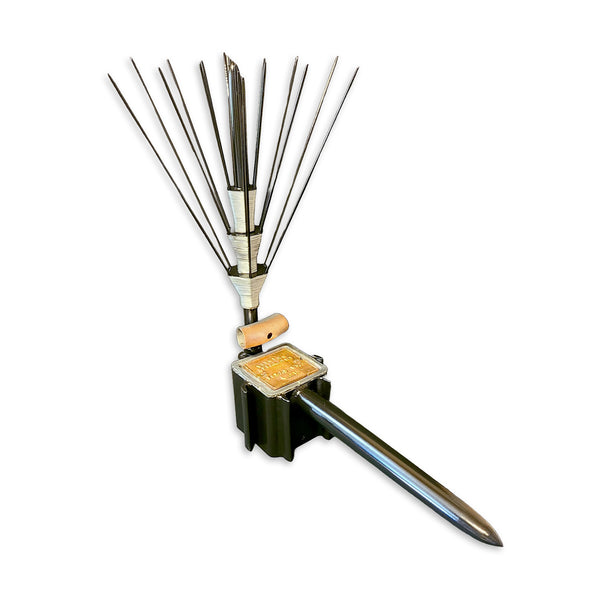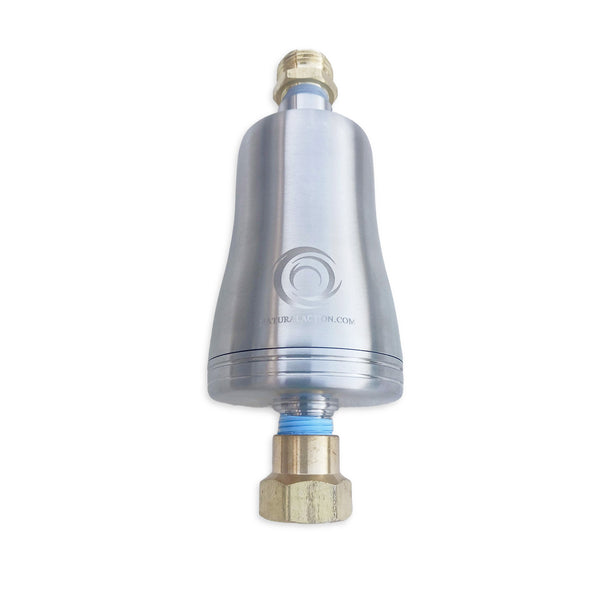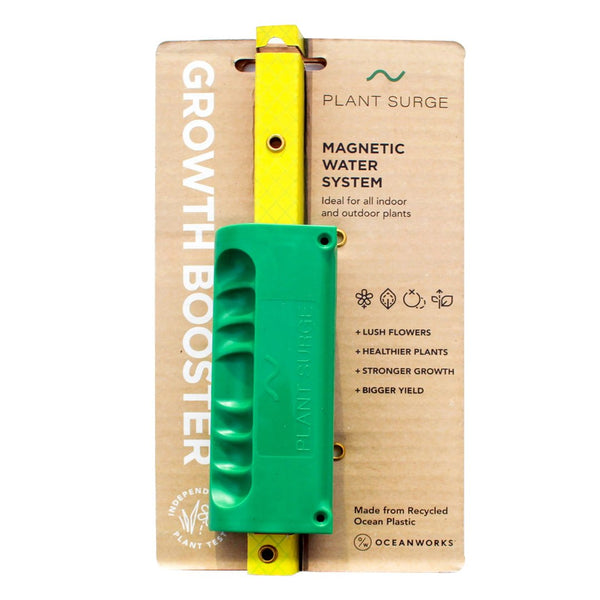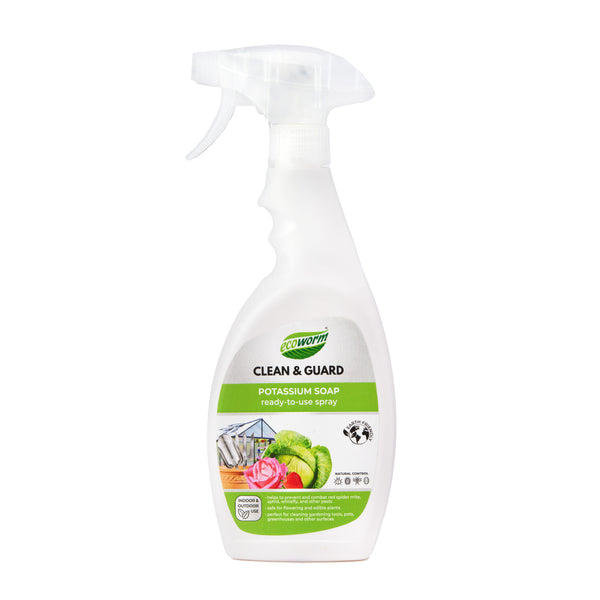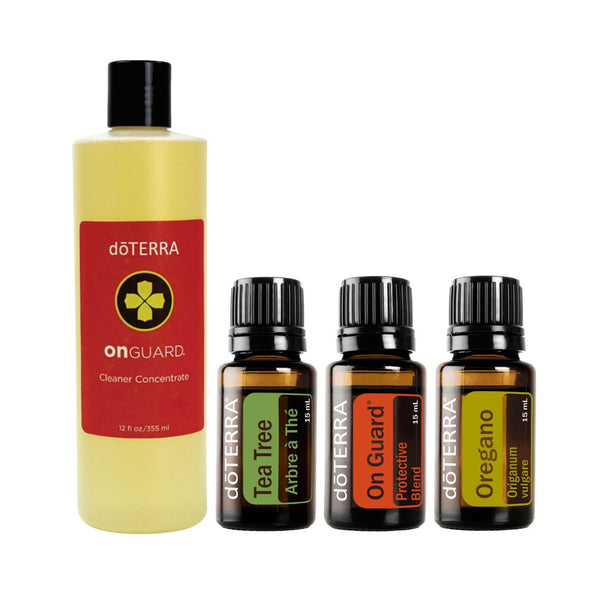The Coop Revolution: Rice Hull Bedding For Chickens That Controls Odor For Months

Rice Hulls in Poultry Bedding
Introduction to Rice Hulls
Who knew rice could do more than just sit on your plate? Rice hulls, a nifty by-product of milling rice, make up about a quarter of the world's rice paddy output. That's around 179 million tons every year out of the humongous 715 million tons of rice produced annually. For folks like us dealing with poultry, these handy hulls are nothing short of a miracle in the coop.
Benefits of Rice Hulls
Wondering why rice hulls deserve a spot in your chicken abode? Check out these perks:
Comfort and Cleanliness: Your feathery friends will strut around like they're walking on clouds. Rice hulls offer superb comfort; they don’t cling to feathers, which means you'll be gathering squeaky clean eggs. This homely setting helps boost bird health and keeps them chirpy.
Moisture Management: Forget soggy and muddy dens. Rice hulls tackle moisture like champs, ensuring a dry hangout for the chickens - even when it's raining cats and dogs. And a dry environment is a healthy one, slashing the chances of diseases typically linked to dampness.
Ease of Use: Who wants to lug heavy bedding around? Not us! Rice hulls are feather-light and are a breeze to move. This makes coop upkeep much easier and quicker, leaving you more time to watch your flock in action.
Got a green thumb? Our article on rice hulls for gardening dives into how these hulls can give your garden a boost too. Whether it's poultry or petunias, rice hulls pack a punch as a flexible and green option.
| Bedding Material | Weight (lbs/ft³) | Drainage | Odor Control | Cleanliness |
|---|---|---|---|---|
| Rice Hulls | 2.5 | High | Yes | High |
| Wood Shavings | 7 | Medium | No | Medium |
| Straw | 4.5 | Low | No | Low |
Curious about the wonders of rice hulls beyond the coop? Dream big with our section on rice hull specialty products, offering a peek into everything from poultry bedding to boosting your soil.
Comparing Different Bedding Materials
Picking the right bedding for your chicken coop can really make a difference in keeping your feathery pals happy and healthy. We'll break down how rice hulls stack up against other favorites like sand, straw, and hay.
Sand vs. Rice Hulls
Sand is a pretty solid pick for chicken coops, known for how well it sops up water, which helps keep things dry. The best choice is usually river sand thanks to its silicon dioxide content - desert sand doesn't quite cut it Frontiers in Veterinary Science.
| Feature | Sand | Rice Hulls |
|---|---|---|
| Water Absorption | High | High |
| Cost | Moderate | Low |
| Maintenance | Needs Regular A Raking | Easy to Manage |
| Environmental Impact | Moderate | Sustainable |
While sand and rice hulls both do a good job of soaking up moisture, rice hulls also win bonus points for being greener and simpler to deal with. Sand, on the other hand, can get compacted and will have you breaking a sweat to rake it regularly.
Straw and Hay as Alternatives
Straw and hay have been chicken bedding go-tos for ages, but they're not without their own hiccups. They're not all that absorbent because they’re loaded with lignin, which means they don’t handle moisture well in poultry homes (Frontiers in Veterinary Science). And they can easily get packed down, inviting all sorts of nasty problems like fungus.

| Feature | Straw | Hay | Rice Hulls |
|---|---|---|---|
| Water Absorption | Low | Low | High |
| Cost | Low | Low | Low |
| Maintenance | High | High | Easy |
| Environmental Impact | Moderate | Moderate | Sustainable |
Straw and hay sure come cheap and are easy to find everywhere crops are grown, but they drop the ball when it comes to managing moisture and need lots of upkeep. Meanwhile, rice hulls are a by-product of rice milling, making them more absorbent and earth-friendly.
By getting clued up on what each bedding brings to the table, we can make the best choice to keep our chickens in top-notch condition. Curious about organic rice hulls? Check out our comprehensive guide for more details.








